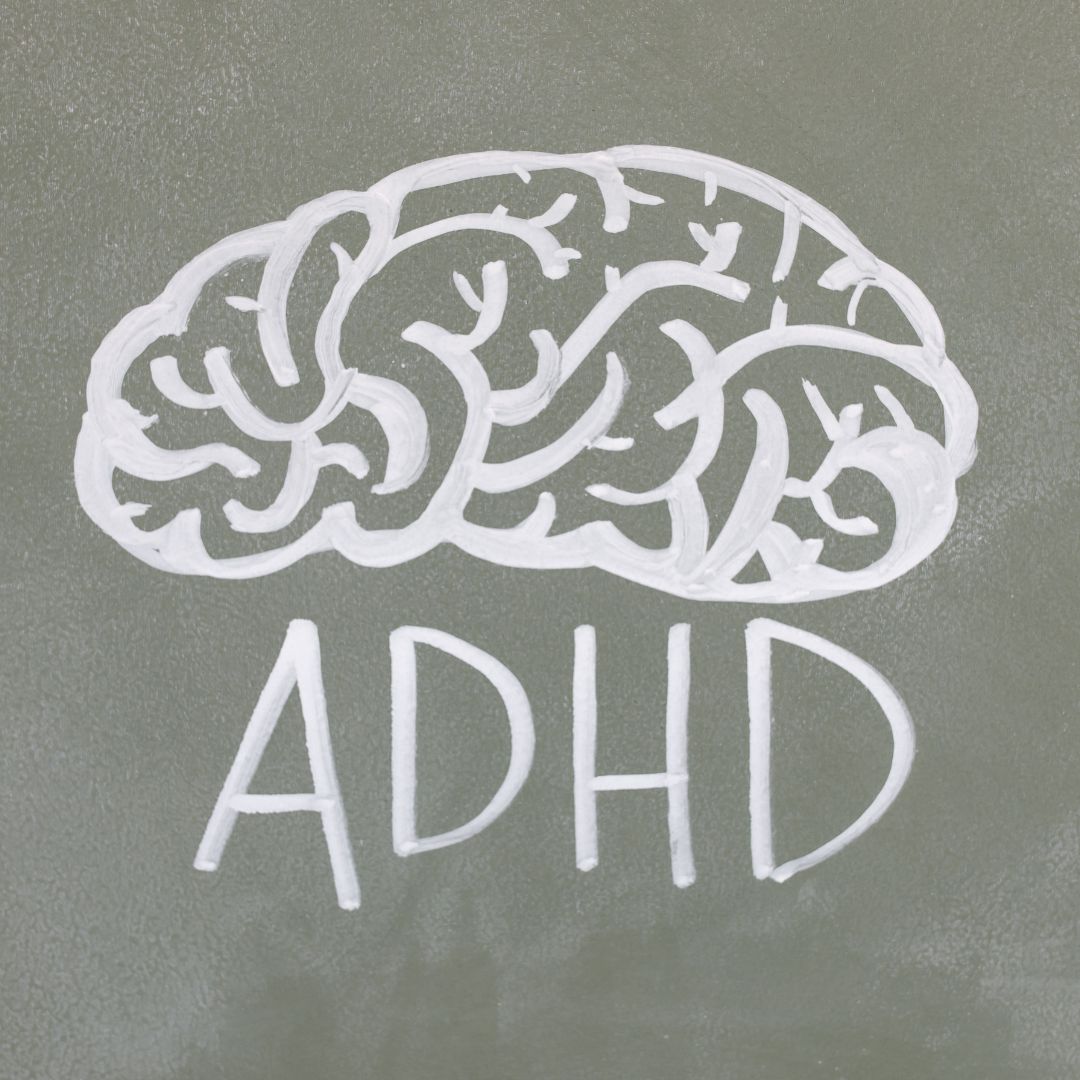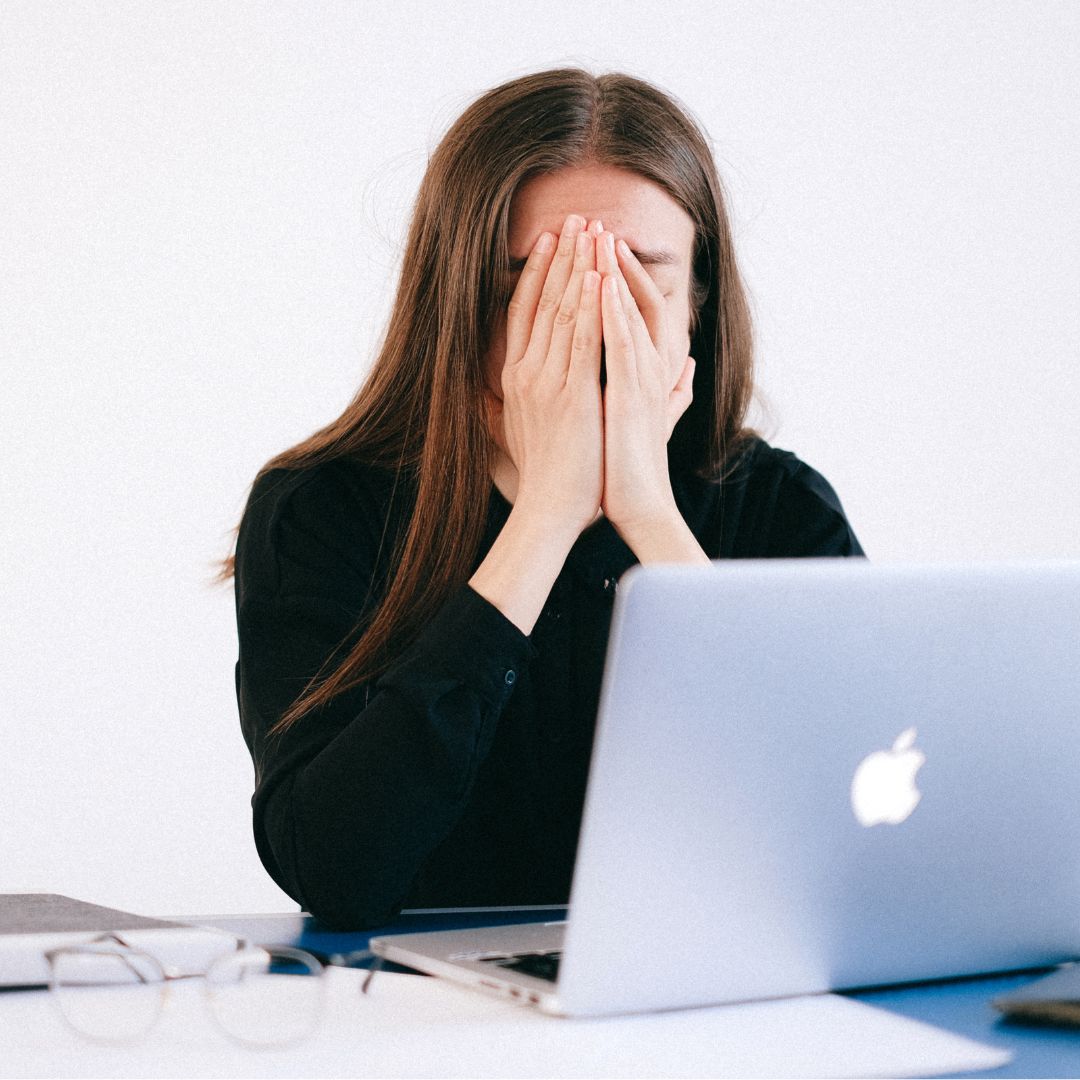Induja holds a Master’s degree in Clinical Psychology and brings a strong academic foundation to her work as a mental health content writer. With deep expertise in psychological concepts and evidence-based practices, she creates thoughtful, accurate, and empathetic content aimed at promoting mental well-being
11 Jul 25 11:30 am
Understanding Anxiety Disorders - Symptoms and Treatment Options
Discover the causes, symptoms, and treatment options for anxiety disorders. Learn how to manage anxiety with therapy, medication, and holistic approaches backed by science.

On this page
Jump to sections
Introduction
The heart palpitations, sweat, and erratic breathing are all familiar to us. When called on stage for a presentation or making an important decision, we are all faced with these emotions and commonly termed as Anxiety. A normal human emotion that everyone experiences at some point in their life. When it persists for a long time, it becomes a disorder. One that is capable of interfering with your day-to-day life and also occurs without any imminent trigger. According to the World Health Organization, an estimated 4% of the global population suffers from anxiety. In 2019, it was estimated to be more than 301 million people worldwide, were living with an anxiety disorder. This makes it one of the most prevalent mental health conditions globally.
Before we tackle the problem, we need to understand the problem. Understanding anxiety disorders, their symptoms is the most effective way to curate the right approach to treatment. In this blog post, we’ll explore what anxiety disorders are, common symptoms, and the latest treatment options based on psychological research and clinical evidence. With the help of virtual therapy and online counselling support for anxiety disorders, healing is just a click away.
Anxiety Disorders
A set of mental health conditions that are characterized by extreme fear, worry, and intense behavioral disturbances. It is often observed that anxiety and feelings of unease over the years become too normal for the person. Hence, the condition of anxiety is often not diagnosed or treated.
According to the Diagnostic and Statistical Manual of Mental Disorders (DSM-5), the types of anxiety include:
- Generalized Anxiety Disorder (GAD): excessive, frequent worry about day-to-day life.
- Panic Disorder: recurrent and unexpected panic attacks, often as a reaction to an unreal danger.
- Social Anxiety Disorder (SAD): characterized by an intense fear of being judged, rejected, or embarrassed in social situations.
- Specific Phobias: an intense and irrational fear of different things and elements.
- Obsessive-Compulsive Disorder (OCD): characterized by unwanted thoughts (obsessions) and repetitive behaviors(compulsions) that individuals feel driven to perform.
- Post-Traumatic Stress Disorder (PTSD): a disorder that afflicts after witnessing or being part of an extremely traumatizing event
Each of these conditions has unique symptomology but shares core symptoms of excessive worry, restlessness, and a sense of impending doom.
Symptoms of Anxiety Disorders
It is to be noted that each of the anxiety disorders often has different symptoms, but here we are discussing the common and often overlapping signs that you can look out for:
Emotional Symptoms
- Persistent worry or fear
- Feeling overwhelmed or helpless
- Irritability or agitation
Physical Symptoms
- Rapid heartbeat or palpitations
- Muscle tension
- Gastrointestinal issues (nausea, IBS)
- Sweating or trembling
- Insomnia or fatigue
Cognitive Symptoms
- Racing thoughts
- Difficulty concentrating
- Fear of losing control or “going crazy”
Causes of Anxiety Disorders
There is no single cause for anxiety disorders. Instead, a combination of genetic, environmental, and psychological factors contributes to their development. According to the National Institute of Mental Health (NIMH), both* biological and environmental risk factors are causes for anxiety disorders. The brain structure abnormalities in the amygdala and hippocampus are also a cause of concern and learned further.
- Genetics: A family history of anxiety or other mental health conditions increases susceptibility.
- Neurobiology: Imbalances in neurotransmitters like serotonin, dopamine, and norepinephrine play a role.
- Life Events: Trauma, abuse, neglect, or stressful life transitions can trigger anxiety disorders.
- Cognitive Factors: Negative thinking patterns, perfectionism, and avoidance behaviors also exacerbate symptoms.
When to seek help?
If you or someone you know is experiencing anxiety that disrupts everyday life, it is important to consult a licensed mental health professional. With the help of virtual therapy and online counselling, the best psychologists are just a click away.
Diagnosis is typically made through:
- Clinical interviews based on DSM-5 criteria
- Psychological assessments and self-reports
- Medical evaluation to rule out physical health issues
Evidence-Based Treatment Methodologies for Anxiety Disorders
The good news is that anxiety disorders are highly treatable. Treatment plans are often tailored to each individual and may include:
- Psychotherapy (Talk Therapy)
According to a research paper “ The efficacy of CBT- meta-analysis”, CBT was significantly effective in reducing anxiety symptoms across various disorders. Cognitive Behavioral Therapy (CBT) is considered the gold standard for treating anxiety. It helps individuals recognize and challenge irrational thoughts and develop healthier coping strategies.
Other therapeutic options:
- Exposure Therapy: Especially effective for phobias and PTSD
- Acceptance and Commitment Therapy (ACT)
- Mindfulness-Based Cognitive Therapy (MBCT)
- Medication
Psychiatrists may prescribe antidepressants or anti-anxiety medications, such as:
- SSRIs (e.g., Sertraline, Fluoxetine)
- SNRIs (e.g., Venlafaxine)
- Benzodiazepines (short-term use only due to dependency risk)
- Lifestyle and Holistic Approaches
Integrating lifestyle changes can significantly boost the effectiveness of formal treatment:
- Regular exercise (endorphin release helps reduce stress)
- Balanced nutrition (reduces inflammation and supports brain function)
- Sleep hygiene (7-9 hours per night recommended)
- Breathing exercises and yoga
- Journaling and gratitude practices
A 2021 review in Frontiers in Psychiatry concluded that physical activity and mindfulness reduce both physiological and psychological symptoms of anxiety.
- Support Groups and Peer Networks
Sometimes, talking to someone who truly understands can help. Support groups, both online and offline, can offer emotional support, coping strategies, and reduce feelings of isolation.
Living with Anxiety: Long-Term Management
Recovery from anxiety isn’t always linear. Many people experience relapses or periods of heightened symptoms. Long-term strategies include:
- Developing emotional resilience
- Building a strong social network
- Sticking to treatment plans
- Avoiding triggers like caffeine, alcohol, or stress
Being patient and persistent is key.
Final Thoughts
Anxiety disorders are complex but treatable. Understanding the symptoms and knowing when to seek help can make a significant difference. If you or a loved one is struggling, remember that you are not alone, and that help is available.
At LifeHetu, we’re committed to providing trustworthy mental health education and support. Stay informed, stay compassionate, and take that first step toward healing.
FAQs
Q1. What is the difference between normal anxiety and an anxiety disorder?
A: Normal anxiety is a temporary response to stress. Anxiety disorders involve excessive, persistent worry or fear that interferes with daily life.
Q2. Can anxiety be cured completely?
A: While anxiety disorders can be managed effectively, a complete “cure” may not always be realistic. With consistent treatment, many people lead healthy, fulfilling lives.
Q3. Is medication necessary for anxiety?
A: Not always. Mild to moderate cases may respond well to therapy and lifestyle changes. Medication is often prescribed for moderate to severe anxiety.
Q4. How long does it take for therapy to show results?
A: Many people begin noticing improvements after 8–12 weeks of therapy, though this varies.
Q5. Are anxiety disorders hereditary?
A: Genetics can play a role, but environmental factors also significantly influence the development of anxiety disorders.
References
- World Health Organization. (2022, June 8). Mental disorders [Fact sheet]. https://www.who.int/news-room/fact-sheets/detail/anxiety-disorders
- Cleveland Clinic. (2022, October 14). DSM 5: Diagnostic and Statistical Manual of Mental Disorders. Cleveland Clinic. Retrieved July 12, 2025, from https://my.clevelandclinic.org/health/articles/24291-diagnostic-and-statistical-manual-dsm-5
- Hofmann, S. G., Asnaani, A., Vonk, I. J., Sawyer, A. T., & Fang, A. (2012). The Efficacy of Cognitive Behavioral Therapy: A Review of Meta-analyses. Depression and Anxiety, 29(9), 751-770.
- https://pubmed.ncbi.nlm.nih.gov/21728300/
- Antonini Philippe, R., Schwab, L., & Biasutti, M. (2021, July 29). Effects of physical activity and mindfulness on resilience and depression during the first wave of the COVID 19 pandemic. Frontiers in Psychology, 12, 700742. https://doi.org/10.3389/fpsyg.2021.700742
On this page
Jump to sections
Related Reads. Similar Blogs to Check Out.


